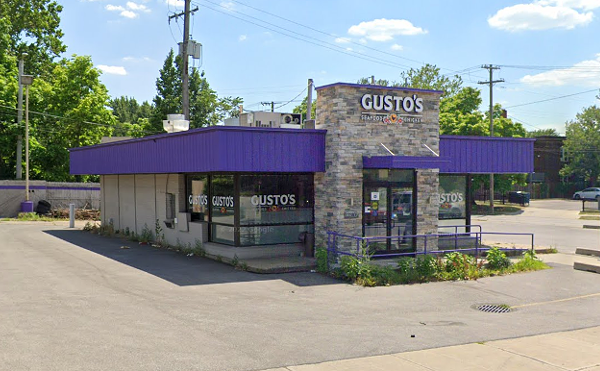At the time of its 1996 publication, Krakauer's book about McCandless, Into the Wild, sparked a predictable array of love-it-or-hate-it reactions. It's to Sean Penn's credit that his film version will provoke no less animated a debate. Its very existence as a movie will divide filmgoers: Is Penn just further cashing in on the McCandless family's tragedy? Or is Into the Wild the ideal vessel for a story about one man's communion with the last remaining wide-open spaces of the American West?
To these eyes, Into the Wild is an unusually soulful movie that crystallizes McCandless in all his glittering enigma, and allows us to decide whether he was the spiritual son of Thoreau or the next Ted Kaczynski. Like Krakauer, Penn has conceived McCandless' story in road-movie terms -- a new-millennium Easy Rider that opens with McCandless (played by Emile Hirsch) embarking on the Alaskan pilgrimage, which was supposed to be the final leg of a two-year transcontinental adventure. Then the film loops back to McCandless' college graduation and his attempt to pacify his parents (Marcia Gay Harden and William Hurt) by promising to apply to Harvard Law. But not long after McCandless sends his mortarboard skyward, he symbolically desecrates his credit cards and ID, donates his life savings to charity, and severs all ties with family and friends.
Between those bookends, Into the Wild takes to the highways and back roads of places named Niland, Carthage, Slab City, and Oh My God Hotsprings, capturing a vivid panorama of burnouts, dropouts, and other self-proclaimed "tramps" who have gone in search of something more -- or less -- than mainstream society can afford them. But Into the Wild is not, despite this description, two and a half hours of hippie-dippy philosophizing from über-liberal Penn. The film burns with native intelligence and accomplishes what few purveyors of McCandless' story have been able or willing to do: engage with him on his own terms.
As screenwriter, Penn has superbly given shape and dimension to characters who passed only fleetingly through Krakauer's pages -- the fellow travelers McCandless encountered on his journey and whose lives, in some cases, he irrevocably altered. They include the South Dakota grain-elevator operator Wayne Westerberg (Vince Vaughn); the neo-hippie earth mother Jan Burres (Catherine Keener), who sees in Chris -- by then calling himself Alexander Supertramp -- the ghost of her own estranged teenage son; and the octogenarian widower Ron Franz, played beautifully by Hal Holbrook. The film's ravishingly photographed wide-screen western vistas only drive home the characters' authenticity.
Penn also seems more engaged than he did in previous directorial efforts (which include the excellent The Pledge and the overwrought The Crossing Guard). He gives Into the Wild a sense of experimentation that emboldened the great American films of the 1970s. That feeling is enhanced by the presence of several original songs composed and performed by Eddie Vedder, which do not merely regurgitate the story of the film, but are integral to the telling of it. Most of all, Penn allows Hirsch the space he needs to build a performance of enormous physical and psychological rigor.
The criticisms of Into the Wild are easy to anticipate. Is the movie too long? Probably, at least by that hallowed yardstick that says a film must move rapidly from point A to B -- something McCandless himself was in no hurry to do. Is it less than judicious with respect to McCandless' parents and sister, who exist in the film mostly as fragments of memory, phantoms of a discarded life? Arguably so, until you consider that, during his entire two years on the road, McCandless failed to place so much as a single phone call home. Part of the enduring fascination with McCandless, of course, is that his story tends to mean considerably different things depending on where you're standing -- whether you are parent or child, restless wanderer or happy conformist. Penn's triumph is that he manages to see McCandless as both boy and man, prophet and fraud, vagabond and visionary. Which is, in all likelihood, awfully close to how McCandless saw himself.










